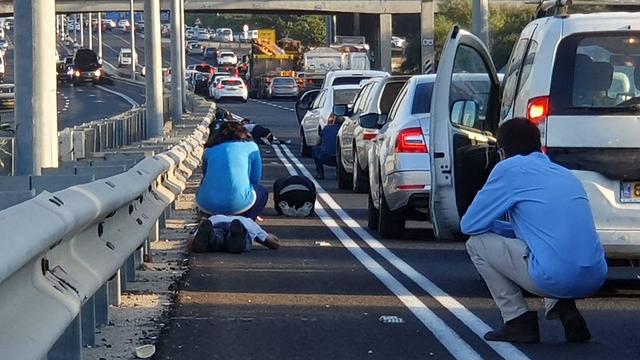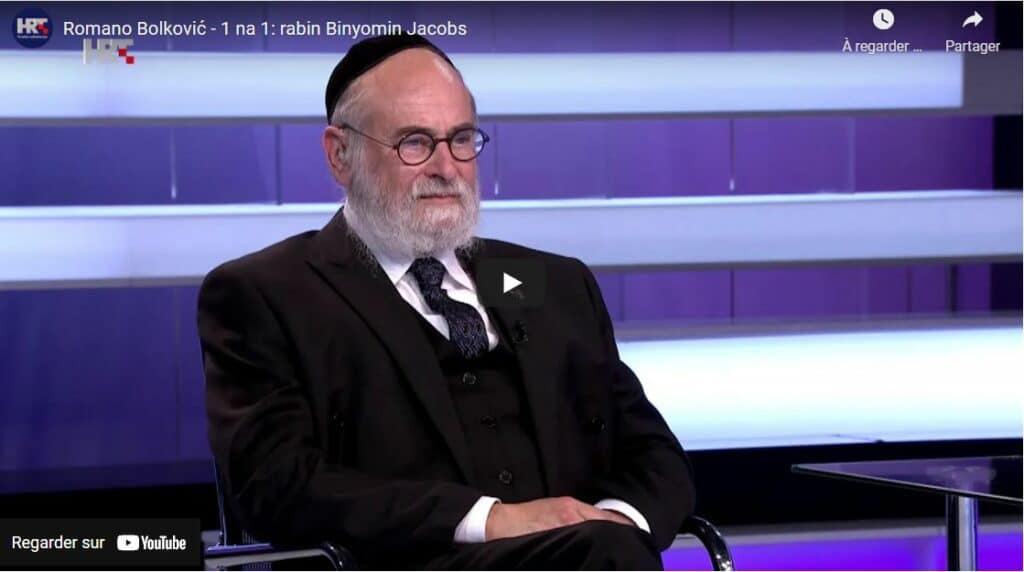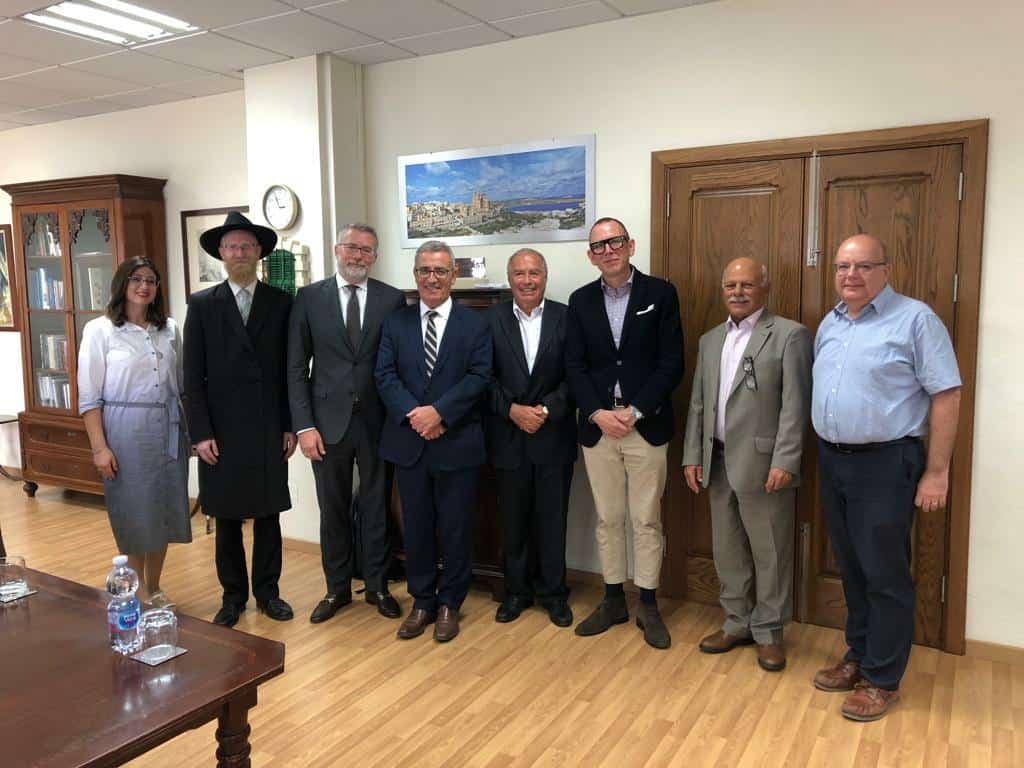For the first time ever, a permanent Chief Rabbi was elected in Montenegro, in a moving ceremony with the presence of President Milo Đukanović and Israeli Minister of Religious Services Yitzhak Vaknin. Chairman of the European Jewish Association Rabbi Menachem Margolin: “President Đukanović is a true friend of the Jewish people.”
Thursday, 31 October 2019, Montenegro. A small piece of Jewish history was marked today in the capital of Montenegro, as Rabbi Ari Edelkopf was elected as the first-ever permanent Chief Rabbi of the country.
The ceremony was held in the presence of Montenegro’s President Milo Đukanović, Israeli Minister of Religious Services Yitzhak Vaknin, Chairman of the European Jewish Association Rabbi Menachem Margolin, Director of the Rabbinical Centre of Europe Rabbi Arie Goldberg, Israel’s Chief Rabbinate representative Rabbi Eliezer Simcha Weiss, President of the Montenegrin Jewish Community Đorđe Raičević, and dozens of Montenegrin ministers and MPs.
For more than two years, Rabbi Edelkopf has served as the Rabbi of Montenegro’s Jewish community, which includes over 500 Jewish families – some of whom are natives of Montenegro and others who moved to the country in recent years. During the ceremony, Rabbi Edelkopf stated that: “In Judaism to be a teacher is the biggest honour. To be giving, sharing knowledge and love! The Jewish community in Montenegro is unique, and I feel honoured to be its Rabbi. I would like to thank my wife Hana. Everything I have achieved ever as a rabbi is all thanks to her and our Rebbe, who says: “Everyone needs to share his or her knowledge with others. Even if you know only one letter, share it. With G-d’s help, we’ll all strive and aim for that.””
During the nomination ceremony, Montenegro’s President Milo Đukanović noted that: “We live in hard times. Antisemitism is on the rise, and is not only a problem for the Jewish community, but for the whole of Europe. The appointment of a chief rabbi in Montenegro is a bright spot that we are all happy about.”
Rabbi Edelkopf is a not only the Chief Rabbi of the Jewish Community, but of the entire country of Montenegro, and we will surely continue our fruitful cooperation, with the Jewish community working with him.”
“Over the years, the Montenegrin people have been very supportive of the Jewish people and many Montenegrins helped to hide Jews from the Nazis during the Holocaust. Since its declaration of independence in 2006, the various governments in the state have maintained very good relations with the Jewish community, which is reflected, among other things, in the allocation of land for building synagogues, and in the very small number of Antisemitic incidents in the country.”
Chairman of the European Jewish Association (EJA), Rabbi Menachem Margolin, who initiated the historic appointment in Montenegro thanked President Đukanović for his unquestionable support for the Jewish people, congratulated Rabbi Edelkopf on the appointment, and stated: “President Đukanović is a true friend of the Jewish people and brings with him a very rich experience in the fight against Antisemitism all over Europe. We look forward to continuing working hand in hand with him on this issue.”
Minister of Religious Services of Israel, Yitzhak Vaknin, thanked President Đukanović and the EJA’s Chairman Rabbi Menachem Margolin for their efforts to strengthen the Jewish community in Montenegro and throughout the Balkans, and noted that: “The State of Israel sees itself as an address for all the Jews of the world, both the Jews who want to make Aliyah to Israel and the Jews who choose to live in the Balkans, and we want to deepen the dialogue and cooperation with everyone.”
Director of the Rabbinical Centre of Europe, Rabbi Arie Goldberg, noted during the ceremony that: “The appointment of Rabbi Edelkopf as permanent Chief Rabbi of Montenegro will greatly contribute to strengthening the spiritual and physical infrastructure of the Jewish community in the country. We at the Rabbinical Centre of Europe will continue to assist rabbis and Jewish community leaders – small and large – throughout the continent, to grow, develop, and maintain their Jewish identity.”















